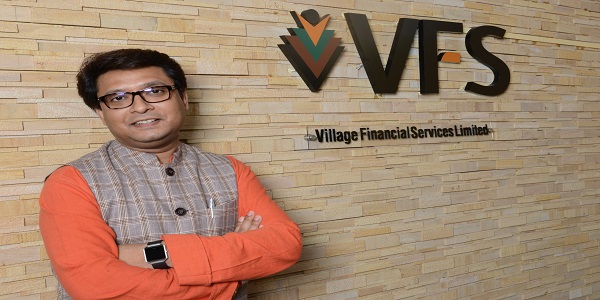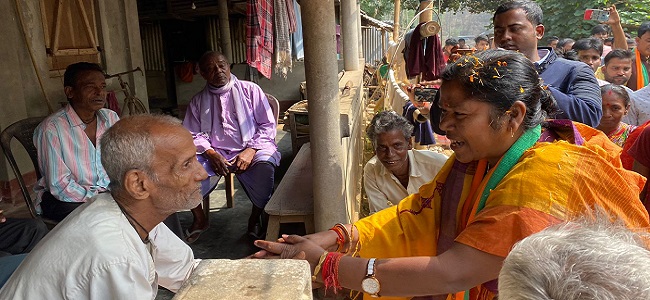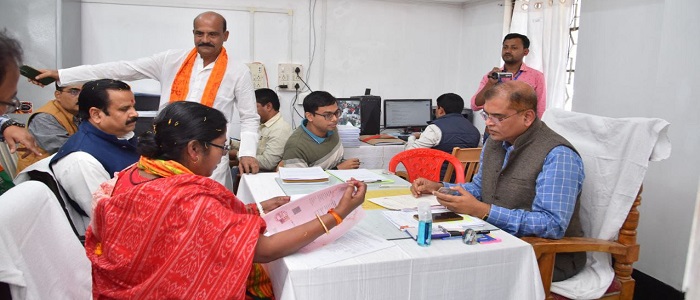The pandemic has thrown up an economic challenge that has never been experienced in recent history. Shop floors are mostly deserted, jobs are vanishing, unemployment is rising and markets are unstable. There is no easy way out. And more and more people are trying to do something themselves as they struggle to survive.
While India’s core agriculture sector is estimated to have performed at half its capacity, the activities at the margin are barely surviving. The urban or rural-urban sector, which marks the boundary between the rural and urban, is struggling to survive. In many states, this is the sector to which a major percentage of migrant labour has returned. With the organised economy in a tizzy, hope rests with the small, tiny and micro industries.
And this is where microfinance could be the saviour. The new-unemployed, with little or no capital to invest, need finance to start something that will generate an income for them. Microfinance institutions (MFIs) are seen as the only saviour for these self-employed persons.
Unlike the usual financial institutions, the MFIs are unique in that they have to tend to two bottom lines – financial and social — not just one. MFIs are not charitable organisations: they need to look after their financial bottom line to stay afloat, but they also have to handhold their customers and fulfil their social mandate of tackling poverty.
With this mandate in mind, the regulatory structure for MFIs was drawn up in a manner to enable them to provide credit not based on financial collateral – which by definition their customers lack – but based on social collateral. By making a group accountable for each member’s repayment liability, the MFIs ensure that their default rate is considered next to nothing compared with the banking sector.
As the lockdown is relaxed in phases and the economy tries to return to normal, a large pool of the previously employed will struggle to get gainful employment. It’s here that the MFIs are being seen as crucial. MFIs don’t just provide credit; they also train their customers in the productive use of money. And greater access to micro-credit could jump-start the economy by creating gainful employment.
[The Author of the article is Kuldip Maity, MD & CEO of Village Financial Services (VFS)]






